Free Tropical Runtz seeds on orders over $150!
| Terpenes | Caryophyllene, Myrcene, Pinene |
|---|---|
| Strain Type | Hybrid |
| Difficulty | Easy |
| Height | 30 in – 78 in |
| Yield (oz/ft2) | 1 – 3 |
| Flowering Time | 8 – 9 weeks |
| Harvest Month | September |
| Pack Size | 3, 6, 12, 24 |
| Brand | Premium Cultivars |
| Seed Type | Feminized |






Although its origins are not well-documented, some reports credit Alien Genetics in California for being the original breeders of Lemon Tree. This strain captured cannabis enthusiasts by surprise in the year 2014. It was awarded the Best Hybrid title at the San Francisco High Times Cannabis Cup and the Seattle High Times Cannabis Cup.
Lemon Tree is a well-balanced cross between East Coast Sour Diesel and Lemon Skunk. The Lemon Skunk, the ancestor of the Lemon Tree, is a traditional Californian Skunk #1 phenotype made well-known by a cultivator called Lemon Man. Later, this variety gained popularity because of well-known breeders like DNA Genetics and Greenhouse Seeds. The other parent of Lemon Tree is East Coast Sour Diesel, a legendary Sativa-dominant strain.
Below is a descriptive step-by-step guide on how to germinate Lemon Tree seeds:
Feminized seeds are popular in cannabis growing for their various benefits, including the efficiency and predictability associated with growing them. Growers can streamline processes and optimize resources by ensuring all feminized seed plants are female, resulting in more successful and prolific harvests. Below are reasons why feminized seeds are better than regs:
You can grow Lemon tree seeds indoors or outdoors depending on several factors, such as the level of control you desire, space limits, and the climate.
Indoors, Lemon Trees can grow to 2–4 feet (0.6–1.2 meters). Its tiny size makes it easy to manage for indoor growers with little vertical space. Lemon Trees bloom in 8–10 weeks, allowing you to harvest them within this timeframe.
Lemon trees need sunlight to thrive and produce fruit. Indoor cultivation requires expensive artificial lighting systems, which raise cultivation costs.
Lemon Tree plants can grow to 6–8 feet outdoors in ideal conditions.
Outdoor cultivation offers less environmental control. You cannot control temperature, humidity, and light as well as indoors, which may cause poor growth.
Lemon Tree seeds can grow well in soil or hydroponic systems. However, most seasoned producers choose the hydro layout to conserve water nutrients and save space. Hydroponics also tends to produce more yields.
Lemon Tree strain seeds thrive in a warm, Mediterranean climate with daytime temperatures between 21°C and 38°C and nighttime temperatures between 13°C and 21°C. These seeds flourish in 40%–60% humidity, eliminating mold and fungal concerns and promoting healthy growth.
Like other cannabis plants, Lemon Tree plants are vulnerable to nutrient deficiency, such as calcium insufficiency, which can induce fruit blossom end rot. In contrast, nitrogen deficit stunts growth and yellows leaves. Aphids, scale insects, and citrus leaf miners harm leaves and fruits, threatening plant health. Look out for white powdery mildew, which leaves a white powder, tobacco mosaic virus, which causes mottled and deformed leaves, and mold from excessive moisture.
Growing the Lemon Tree strain can be moderately difficult. These plants are sturdy but need continuous warmth, sunlight, and frost protection, which might be problematic in some areas.
Lemon Tree strain may not be an ideal choice for novice cannabis cultivators. This strain can be sensitive to environmental conditions, deficient in nutrients, and susceptible to pests and diseases, requiring experience to manage.
Despite its brief flowering period, the lemon tree produces a large yield, roughly five ounces per square foot indoors and 16 ounces per plant outdoors.
To maximize Lemon Tree harvest, optimize growing conditions. Use well-prepared, nutrient-rich soil or a high-quality growing medium with a pH of 6.0–6.5 and these plants at least 18 hours of light during the vegetative stage and 12 hours of darkness during the flowering stage utilizing natural sunshine or artificial grow lights.
Low-stress training (LST) gently bends and secures Lemon Tree branches to induce lateral growth. Carefully bending the branches horizontally creates a more equal and open canopy, improving light and air circulation. This equal light distribution increases bud sites and plants’ energy efficiency. LST promotes numerous major colas and ensures that lower branches receive enough light, which can boost yields and produce more uniform, powerful buds. You can also use it during vegetative and early flowering stages to adjust plant growth and shape to your growing environment.
Topping a Lemon Tree plant involves carefully removing the apical bud to redirect the plant’s energy to produce many major colas and lateral branches during the vegetative stage, usually after a few genuine leaves. Topping helps create a bushier, more balanced plant with multiple tops or apical buds. This increases light exposure to all plant sections, encouraging new bud sites and equally distributed bud development. Topping Lemon Tree cannabis improves canopy management, bushier growth, and yields.
The sophisticated Screen of Green (ScrOG) training method supports and manipulates Lemon Tree plant growth via a screen or mesh. This method weaves growing branches through the screen to produce a horizontal and level canopy. This increases bud sites and evenly distributes plant energy. ScrOG improves light efficiency in Lemon Tree plants, increasing yields and strain consistency and potency. You can also maximize your grow space by training branches to grow laterally and fill the space. This method manages plant height and produces an equal canopy, increasing light exposure to each bud location. ScrOG is ideal for Lemon Tree growers with minimal space.
Lemon Tree cannabis plants are compact and bushy, with dense, resin-coated buds and dark green, serrated leaves. The medium to large buds are covered with trichomes and have beautiful green and orange pistils.
You can acquire Lemon Tree seeds from trustworthy seed banks and online vendors like Premium Cultivars. These seed banks provide a variety of cannabis strains, including Lemon Tree, and allow consumers to choose seed type, quantity, and shipment. Quality assurance, discreet packaging, and safe payment methods make Premium Cultivars seed bank a reputable Lemon Tree seed supplier.
If you want to purchase Lemon Tree seeds, visit the online store of Premium Cultivars. This seed bank accepts several payment methods for orders, including Discover, American Express, Visa, and Mastercard. Navigate to the product page and select the Lemon Tree seeds and pack size (3, 6, 12, 24, or bulk seeds) that best meets your requirements. Premium Cultivars offers free shipping for USA customers who spend over $100, making these premium seeds more accessible.
| Terpenes | Caryophyllene, Myrcene, Pinene |
|---|---|
| Strain Type | Hybrid |
| Difficulty | Easy |
| Height | 30 in – 78 in |
| Yield (oz/ft2) | 1 – 3 |
| Flowering Time | 8 – 9 weeks |
| Harvest Month | September |
| Pack Size | 3, 6, 12, 24 |
| Brand | Premium Cultivars |
| Seed Type | Feminized |
Sorry, no reviews match your current selections
* Percentages displayed show dicounted price / seed. Additional discounts include:
Pack size :
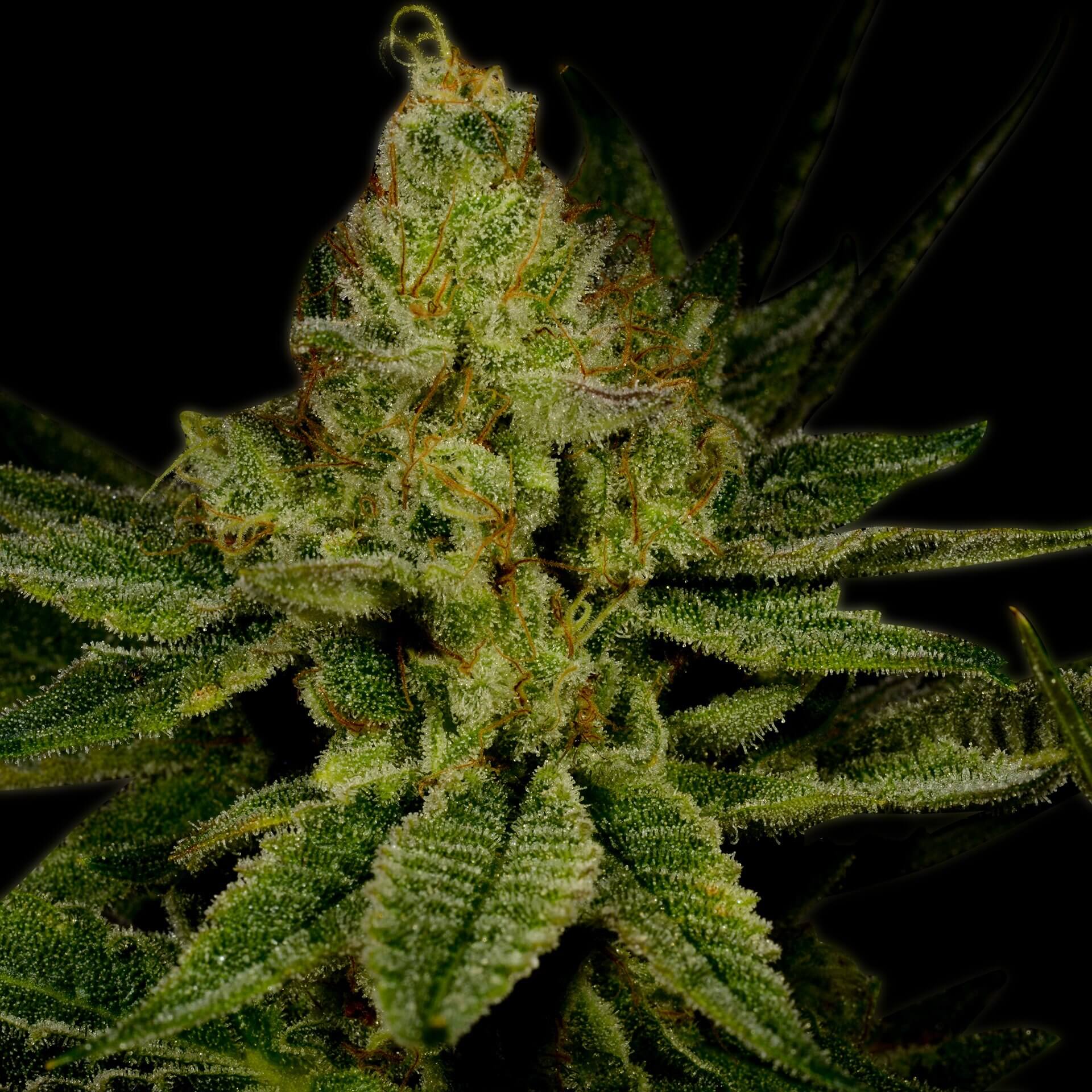
3
Price : $35
Price/seed: $11

6
Price : $45
Price/seed: $7
Discount: -35%

12
Price : $75
Price/seed: $6
Discount: -46%

24
Price : $145
Price/seed: $6
Discount: -48%
| Terpenes | Caryophyllene, Myrcene, Pinene |
|---|---|
| Strain Type | Hybrid |
| Difficulty | Easy |
| Height | 30 in – 78 in |
| Yield (oz/ft2) | 1 – 3 |
| Flowering Time | 8 – 9 weeks |
| Harvest Month | September |
| Pack Size | 3, 6, 12, 24 |
| Brand | Premium Cultivars |
| Seed Type | Feminized |
Although its origins are not well-documented, some reports credit Alien Genetics in California for being the original breeders of Lemon Tree. This strain captured cannabis enthusiasts by surprise in the year 2014. It was awarded the Best Hybrid title at the San Francisco High Times Cannabis Cup and the Seattle High Times Cannabis Cup.
Lemon Tree is a well-balanced cross between East Coast Sour Diesel and Lemon Skunk. The Lemon Skunk, the ancestor of the Lemon Tree, is a traditional Californian Skunk #1 phenotype made well-known by a cultivator called Lemon Man. Later, this variety gained popularity because of well-known breeders like DNA Genetics and Greenhouse Seeds. The other parent of Lemon Tree is East Coast Sour Diesel, a legendary Sativa-dominant strain.
Below is a descriptive step-by-step guide on how to germinate Lemon Tree seeds:
Feminized seeds are popular in cannabis growing for their various benefits, including the efficiency and predictability associated with growing them. Growers can streamline processes and optimize resources by ensuring all feminized seed plants are female, resulting in more successful and prolific harvests. Below are reasons why feminized seeds are better than regs:
You can grow Lemon tree seeds indoors or outdoors depending on several factors, such as the level of control you desire, space limits, and the climate.
Indoors, Lemon Trees can grow to 2–4 feet (0.6–1.2 meters). Its tiny size makes it easy to manage for indoor growers with little vertical space. Lemon Trees bloom in 8–10 weeks, allowing you to harvest them within this timeframe.
Lemon trees need sunlight to thrive and produce fruit. Indoor cultivation requires expensive artificial lighting systems, which raise cultivation costs.
Lemon Tree plants can grow to 6–8 feet outdoors in ideal conditions.
Outdoor cultivation offers less environmental control. You cannot control temperature, humidity, and light as well as indoors, which may cause poor growth.
Lemon Tree seeds can grow well in soil or hydroponic systems. However, most seasoned producers choose the hydro layout to conserve water nutrients and save space. Hydroponics also tends to produce more yields.
Lemon Tree strain seeds thrive in a warm, Mediterranean climate with daytime temperatures between 21°C and 38°C and nighttime temperatures between 13°C and 21°C. These seeds flourish in 40%–60% humidity, eliminating mold and fungal concerns and promoting healthy growth.
Like other cannabis plants, Lemon Tree plants are vulnerable to nutrient deficiency, such as calcium insufficiency, which can induce fruit blossom end rot. In contrast, nitrogen deficit stunts growth and yellows leaves. Aphids, scale insects, and citrus leaf miners harm leaves and fruits, threatening plant health. Look out for white powdery mildew, which leaves a white powder, tobacco mosaic virus, which causes mottled and deformed leaves, and mold from excessive moisture.
Growing the Lemon Tree strain can be moderately difficult. These plants are sturdy but need continuous warmth, sunlight, and frost protection, which might be problematic in some areas.
Lemon Tree strain may not be an ideal choice for novice cannabis cultivators. This strain can be sensitive to environmental conditions, deficient in nutrients, and susceptible to pests and diseases, requiring experience to manage.
Despite its brief flowering period, the lemon tree produces a large yield, roughly five ounces per square foot indoors and 16 ounces per plant outdoors.
To maximize Lemon Tree harvest, optimize growing conditions. Use well-prepared, nutrient-rich soil or a high-quality growing medium with a pH of 6.0–6.5 and these plants at least 18 hours of light during the vegetative stage and 12 hours of darkness during the flowering stage utilizing natural sunshine or artificial grow lights.
Low-stress training (LST) gently bends and secures Lemon Tree branches to induce lateral growth. Carefully bending the branches horizontally creates a more equal and open canopy, improving light and air circulation. This equal light distribution increases bud sites and plants’ energy efficiency. LST promotes numerous major colas and ensures that lower branches receive enough light, which can boost yields and produce more uniform, powerful buds. You can also use it during vegetative and early flowering stages to adjust plant growth and shape to your growing environment.
Topping a Lemon Tree plant involves carefully removing the apical bud to redirect the plant’s energy to produce many major colas and lateral branches during the vegetative stage, usually after a few genuine leaves. Topping helps create a bushier, more balanced plant with multiple tops or apical buds. This increases light exposure to all plant sections, encouraging new bud sites and equally distributed bud development. Topping Lemon Tree cannabis improves canopy management, bushier growth, and yields.
The sophisticated Screen of Green (ScrOG) training method supports and manipulates Lemon Tree plant growth via a screen or mesh. This method weaves growing branches through the screen to produce a horizontal and level canopy. This increases bud sites and evenly distributes plant energy. ScrOG improves light efficiency in Lemon Tree plants, increasing yields and strain consistency and potency. You can also maximize your grow space by training branches to grow laterally and fill the space. This method manages plant height and produces an equal canopy, increasing light exposure to each bud location. ScrOG is ideal for Lemon Tree growers with minimal space.
Lemon Tree cannabis plants are compact and bushy, with dense, resin-coated buds and dark green, serrated leaves. The medium to large buds are covered with trichomes and have beautiful green and orange pistils.
You can acquire Lemon Tree seeds from trustworthy seed banks and online vendors like Premium Cultivars. These seed banks provide a variety of cannabis strains, including Lemon Tree, and allow consumers to choose seed type, quantity, and shipment. Quality assurance, discreet packaging, and safe payment methods make Premium Cultivars seed bank a reputable Lemon Tree seed supplier.
If you want to purchase Lemon Tree seeds, visit the online store of Premium Cultivars. This seed bank accepts several payment methods for orders, including Discover, American Express, Visa, and Mastercard. Navigate to the product page and select the Lemon Tree seeds and pack size (3, 6, 12, 24, or bulk seeds) that best meets your requirements. Premium Cultivars offers free shipping for USA customers who spend over $100, making these premium seeds more accessible.
| Terpenes | Caryophyllene, Myrcene, Pinene |
|---|---|
| Strain Type | Hybrid |
| Difficulty | Easy |
| Height | 30 in – 78 in |
| Yield (oz/ft2) | 1 – 3 |
| Flowering Time | 8 – 9 weeks |
| Harvest Month | September |
| Pack Size | 3, 6, 12, 24 |
| Brand | Premium Cultivars |
| Seed Type | Feminized |
The growth was exceptional and the yields were beyond my expectations, great seeds.
My plants turned out amazing, huge yields and healthy growth.
Found the perfect strain and received it quickly, now enjoying huge yields. Very satisfied!
This seed bank has been my go-to for years, always great results.
Sorry, no reviews match your current selections
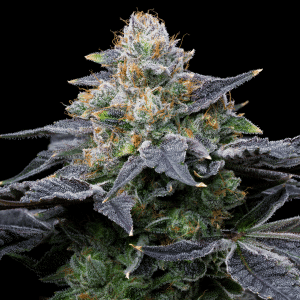
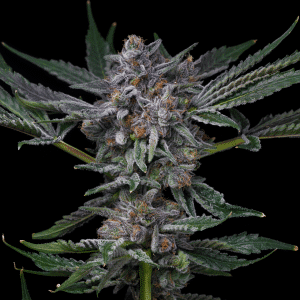
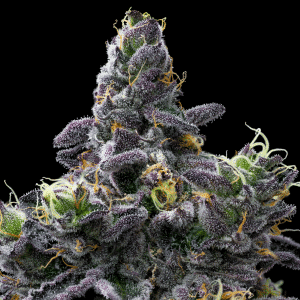
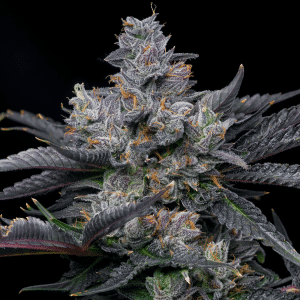
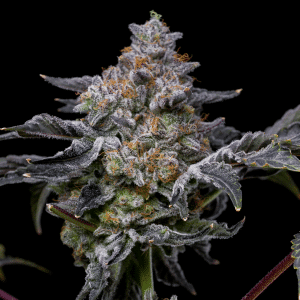










Offers
This product is not for use by or sale to persons under the age of 18. This product should be used only as directed on the label. It should not be used if you are pregnant or nursing. Consult with a physician before use if you have a serious medical condition or use prescription medications. A doctor’s advice should be sought before using any hemp products. All trademarks and copyrights are property of their respective owners and not affiliated with nor do they endorse this product. These statements have not been evaluated by the FDA. This product is not intended to diagnose, treat, cure or prevent any disease. By using this site you agree to follow the Privacy Policy and all Terms & Conditions printed on this site. All products contain less than 0.3% Cannabinoid-compliant with applicable Federal Laws. Please make yourself aware of any and all applicable laws regarding hemp in your jurisdiction. Premium Cultivars accepts no liability or responsibility regarding germination laws in any specific locale state or national jurisdictions.THCA products are not available for shipment to the following states: Hawaii, Idaho, Minnesota, Oregon, Rhode Island, Utah, Vermont *Note: Products with Total THC content above 0.3% must not be shipped to these states.
We want to help you get your hands on the seeds you want, take 20% off your next purchase when you enter your email below!
We want to help you get your hands on the seeds you want, take 20% off your next purchase when you enter your email below!
The growth was exceptional and the yields were beyond my expectations, great seeds.
My plants turned out amazing, huge yields and healthy growth.
Found the perfect strain and received it quickly, now enjoying huge yields. Very satisfied!
This seed bank has been my go-to for years, always great results.